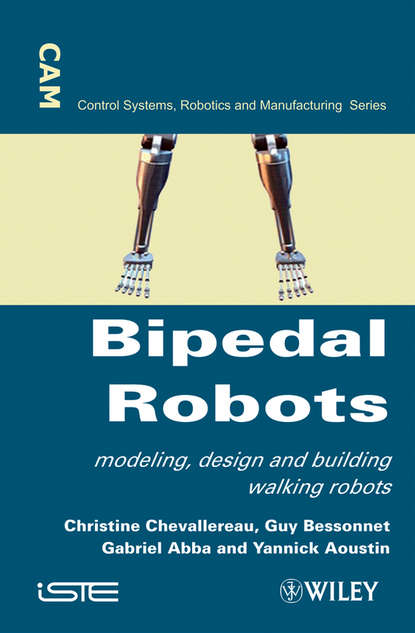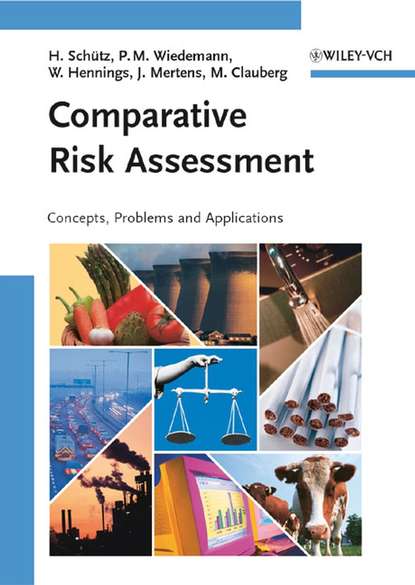Книга "Bipedal Robots" представляет различные техники моделирования походки, синтеза шаблонов походки и управления бипедными роботами. В книге приведена общая информация о человеческой ходьбе, описаны существующие экспериментальные бипедные роботы и рассмотрены приложения ходьбы бипедов. Моделирование основано на разложении шага ходьбы на различные подфазы в зависимости от того, как каждая нога находится в контакте с землей. Рассматривается конструкция робота в соответствии с распределением массы и выбором приводов. Рассмотрены различные способы генерации шаблонов ходьбы, такие как пассивная ходьба и синтез шаблонов, проводимый с помощью оптимизационных методов. Представлены методы управления на основе моделирования робота, нейронных сетей или интуитивных подходов. Особое внимание уделено унилатеральности контакта, которая решается с помощью онлайн-адаптации желаемого движения.
This book presents various technical approaches to gait modelling, gait pattern syn-thesis and control of bipedal robots. A few general data about human gait, an overview over present experimental bipedal robot installations, and some applications of walk-ing bipeds have been given.
The modelling builds upon a splitting up of a walking stride into different phases depending on how each single foot touches the ground during its ride. The hardware structure is taken into account according to its weight distribution and the selection of actuators, either separately covering the hip-, thigh- and knee-area (triped) or cov-ering the trunk and floor (bilateral installation). Various methods for generating walking patterns including passive gait and gait pattern synthesis accomplished by means of an optimisation approach are analysed.
Электронная Книга «Bipedal Robots» написана автором Christine Chevallereau в году.
Минимальный возраст читателя: 0
Язык: Английский
ISBN: 9780470394267
Описание книги от Christine Chevallereau
This book presents various techniques to carry out the gait modeling, the gait patterns synthesis, and the control of biped robots. Some general information on the human walking, a presentation of the current experimental biped robots, and the application of walking bipeds are given. The modeling is based on the decomposition on a walking step into different sub-phases depending on the way each foot stands into contact on the ground. The robot design is dealt with according to the mass repartition and the choice of the actuators. Different ways to generate walking patterns are considered, such as passive walking and gait synthesis performed using optimization technique. Control based on the robot modeling, neural network methods, or intuitive approaches are presented. The unilaterality of contact is dealt with using on-line adaptation of the desired motion.



















